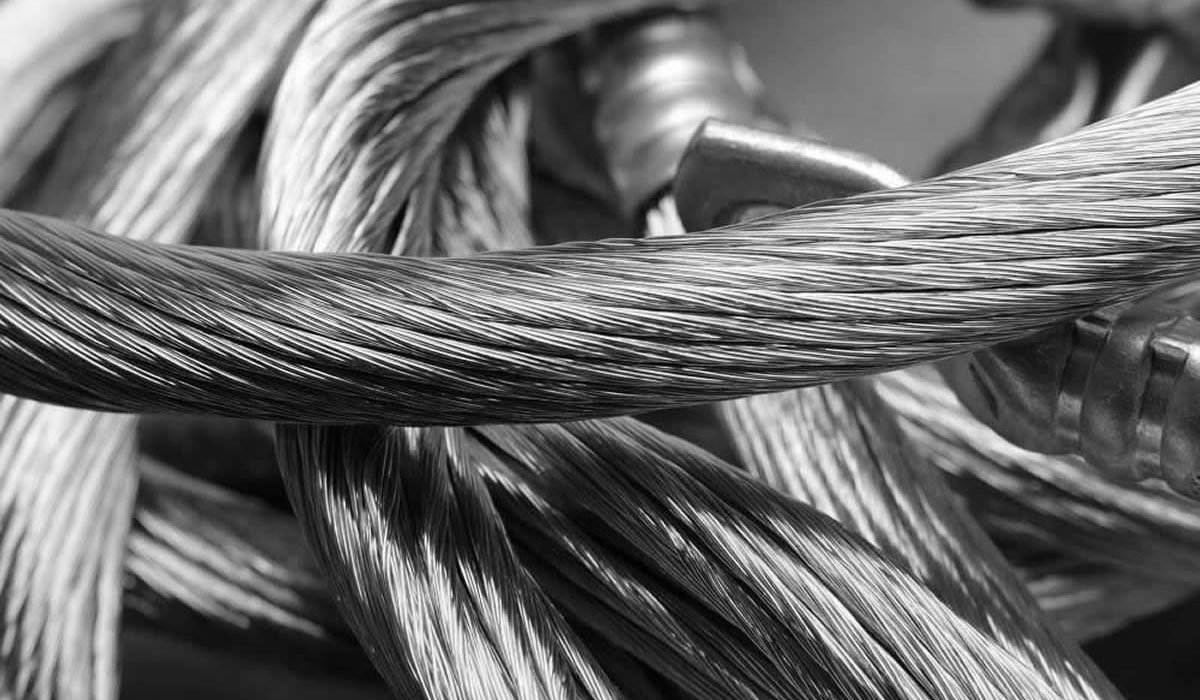Brochure
Download our brochure to see specific details about the products and how we work.
Tecop India Pvt. Ltd.
3.81M
Let’s Start Work
Together
Please feel free to contact us. We will get back to you with 1-2 business days. Or just call us now.

Tinned copper is primarily used for protection against oxidation and corrosion. In climates where copper has long-term exposure to water, the oxygen will combine with the metal and form copper oxide, weakening the bonds of the metal. It is worse if the wire is in contact with salt water. As more of this oxide forms, it weakens the integrity of the copper making it brittle and crumbly. Corrosive copper wire is less efficient at moving electricity and can cause safety hazards.
PROTECTION AGAINST COPPER CORROSION
The sole purpose of electrical wire and cable is to conduct an electric current from one point to another, but if the cable starts to corrode, it can quickly become damaged and result in loss of performance. While bare copper is fairly resistant to corrosion, tinned copper conductors prevent accelerated corrosion against wet and contaminated environments.
Benefits of Tinned Copper:
- Protects Against Corrosion
- Extends the Life of the Cable
- Easy to Solder
- Same Conductivity as Bare Copper
HOW TO PREVENT CORROSION
To prevent accelerated corrosion, tinned copper conductors can be used as an added layer of protection.
Tinned copper is primarily used in wastewater treatment facilities, subway systems, and other contaminated environments susceptible to long-term exposure to excess water. The tin coating on the copper protects the wire from corrosion and premature cable failure.

